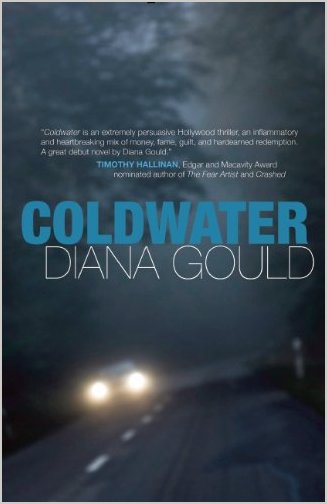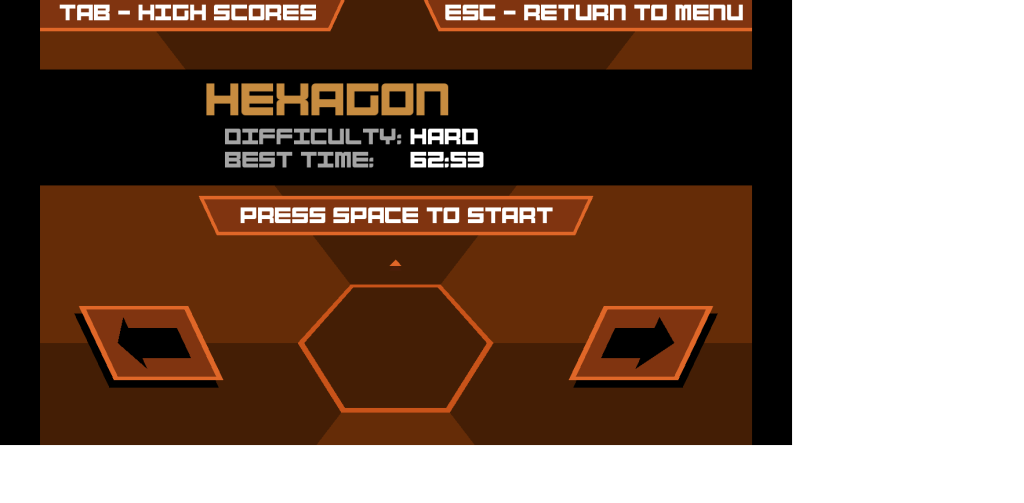Enjoying The Django Book 2.0
Today is a day for Python and Django development, and I’m enjoying a free and exceptionally well written book on the subject called The Django Book 2.0. It’s available in HTML on the main website and in epub, mobi, and other formats here.
Short form review: Wow, I’m impressed!
As a developer who focused on PHP / LAMP programming for the past few years (with the occasional Google Apps Engine Python project), I was delighted with Django and how fast I was able to create functional and easily navigable web applications in Python. I credit most of this progress to The Django Book, which as of this post I am about half way through.
The Django Book focuses on getting experienced programmers who are new to Django up to speed with the framework through instruction, examples, and short demos. That’s the first half of the book. The second half focuses on advanced and highly practical topics like memcached support, middleware (plugins), code clarity, and integration. It also features short relevant side discussions on overall history and why things are the way they are throughout. The book promises to make the reader an expert in Django and so far it appears to be delivering.
My only dilemma now is project hosting. I was originally planning to launch a new Django site this weekend with Google App Engine’s support, but I’m now torn between using that or my existing budget hosting. I may try both tomorrow and see which solution works better.

